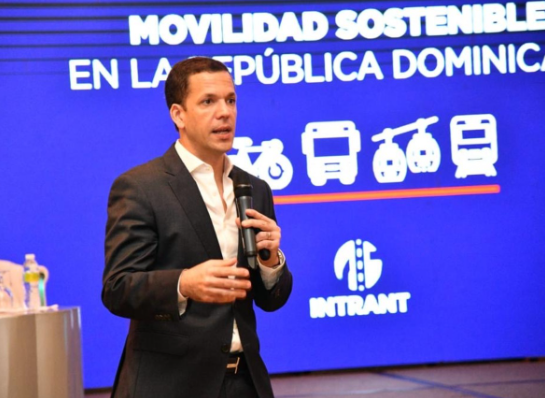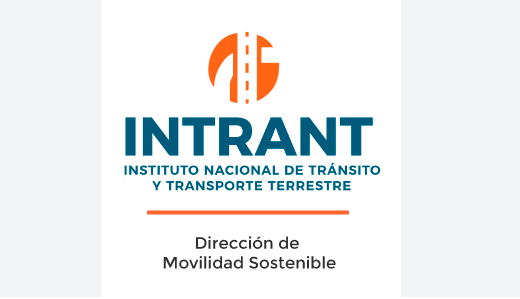
Dominican Republic Advances in Sustainable Mobility Measures

The Dominican Republic is making significant progress in sustainable mobility, through proposals from the public sector and investments from private companies.
Recently, the executive director of the Instituto Nacional de Tránsito y Transporte Terrestre (Intrant), Hugo Beras, held a meeting to coordinate actions in favor of sustainable mobility with the Head of the Dirección General de Proyectos Estratégicos Especiales (Propeep), Roberto Ángel Salcedo.
The guidelines are framed within the National Network El Paseo de los Colores program, which seeks to revitalize public spaces through murals and works of art.
Steps to be Taken
During the meeting, the director of Propeep presented to Beras the program Red Nacional El Paseo de los Colores, and they agreed that Intrant will offer technical support and coordination of permits on public roads to Propeep, in order to include pedestrianization and tactical urbanism designs in the second stage of the program.
In this regard, Salcedo stressed the importance of the inclusion of tools or joint actions through art to promote safe mobility, recreation or family recreation, and improve the quality of life of the municipalities.
“With these interventions we help local governments, especially in remote communities that have no way to do so,” said the official in statements reported by El Nacional de Dominicana.
Read also: Dominican Republic: Santo Domingo Metropolitan Train Project Unveiled
The Propeep Director underlined that they manage a projection for 2024, but in the next interventions to be carried out this year in Santo Domingo East, San Francisco and Barahona, they need pedestrianization and tactical urbanism.
For his part, Beras pointed out that Intrant will have a technical team available to deal with the visual impact, as well as to manage the corresponding permits with the mayor’s offices, among other actions.

Other Advances
At the beginning of 2023, the Superintendencia de Electricidad (SIE) of the Dominican Republic issued the “Reglamento Técnico para Estaciones de Recargas de Vehículos Eléctricos” and the “Reglamento de Tarifas Aplicables a las Estaciones de Recargas de Vehículos Eléctricos”.
The regulations are aimed at increasing efforts to promote sustainability and decarbonization of the transportation sector, through the participation of electric vehicles in the Dominican vehicle fleet.
Both regulations, which are part of the new regulatory framework for electric mobility, seek to promote healthy competition and regulate the prices of those activities that may represent a monopolistic character, establishing rates with economic criteria of efficiency and equity in a competitive market.





